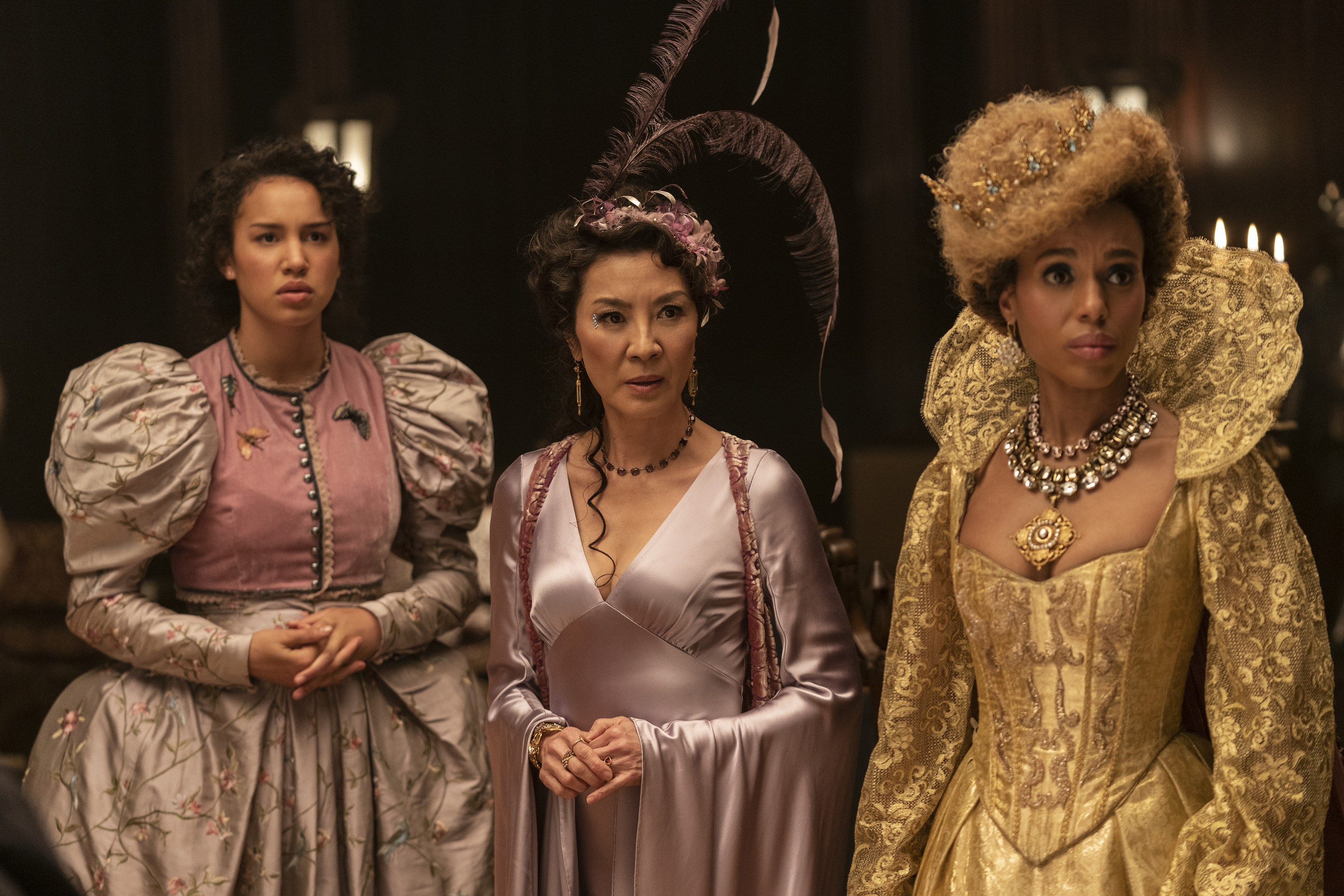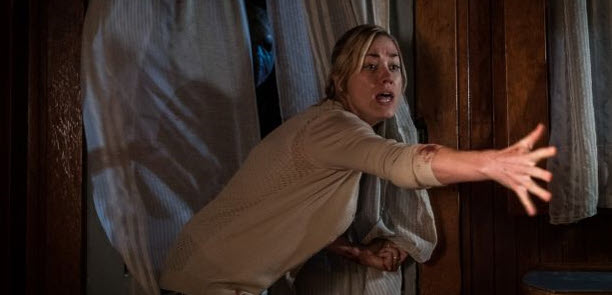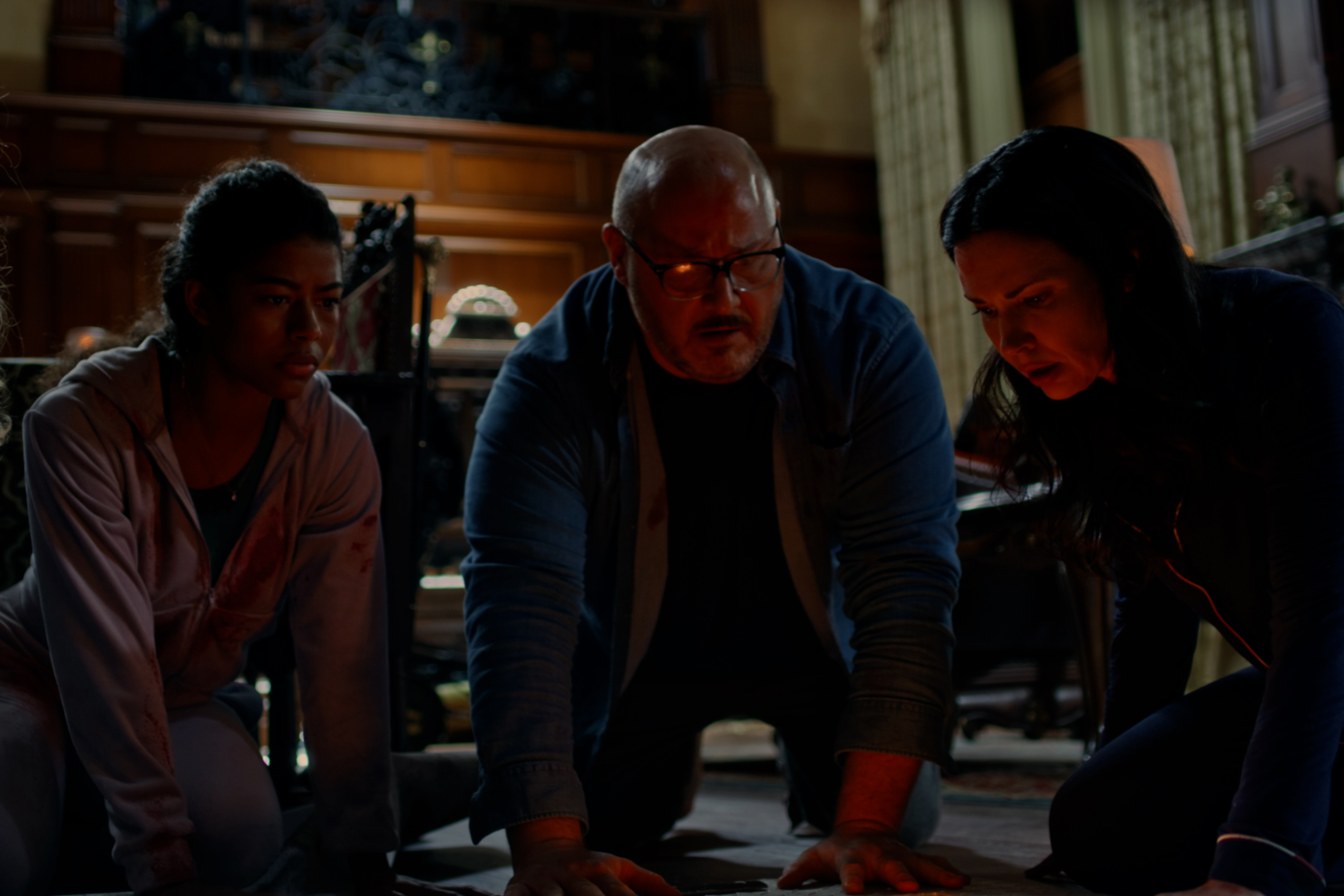Day: October 19, 2022
-

Movie Review ~ Ticket to Paradise
The Facts: Synopsis: A divorced couple travels to Bali to stop their daughter from making the same mistake they think they made 25 years ago.Stars: George Clooney, Julia Roberts, Kaitlyn Dever, Billie Lourd, Maxime Bouttier, Lucas BravoDirector: Ol ParkerRated: PG-13Running Length: 104 minutesTMMM Score: (8/10)Review: School may have started in early September, but Oscar winners…
-

Movie Review ~ The School for Good and Evil
The Facts: Synopsis: Best friends Sophie and Agatha find themselves on opposing sides of an epic battle when they’re swept away into an enchanted school where aspiring heroes and villains are trained to protect the balance between Good and Evil.Stars: Sophia Anne Caruso, Sofia Wylie, Laurence Fishburne, Michelle Yeoh, Jamie Flatters, Kit Young, Peter Serafinowicz,…
-

Movie Review ~ TÁR
The Facts: Synopsis: Set in the international world of Western classical music, an exceptionally detailed portrait of a Promethean artist eventually hoisted on her own petardStars: Cate Blanchett, Noémie Merlant, Nina Hoss, Sophie Kauer, Julian Glover, Allan Corduner, Mark StrongDirector: Todd FieldRated: RRunning Length: 158 minutesTMMM Score: (9/10)Review: The power is in the approach. Knowing Tár…
-

31 Days to Scare ~ He’s Out There
The Facts: Synopsis: On vacation at a remote lake house, a mother and her two young daughters must fight for survival after falling into a terrifying and bizarre nightmare conceived by a psychopath.Stars: Yvonne Strahovski, Anna Pniowsky, Abigail Pniowsky, Ryan McDonald, Justin BrueningDirector: Dennis IliadisRated: RRunning Length: 89 minutesTMMM Score: (7/10)Review: When we first signed…
-

Movie Review ~ Dangerous Game: The Legacy Murders
The Facts: Synopsis: A family reunion at a remote mansion takes a lethal turn when they are trapped inside and forced to play a deadly survival game where only one will make it out alive.Stars: Jonathan Rhys Meyers, Will Sasso, Jon Voight, Laura Mennell, Megan Charpentier, Kaya Coleman, Skyler Shaye, Dylan Playfair, Bradley StrykerDirector: Sean…
Recent Posts
- Movie Review ~ Infested

- MSPIFF 2024 Volume 2

- Movie Review ~ Abigail (2024)

- Movie Review ~ The Ministry of Ungentlemanly Warfare

- MSPIFF 2024 Volume 1

Tags
007 20th Century Fox 2012 2013 A24 Amazon Studios Bradley Cooper Columbia Pictures Disney Focus Features Fox Searchlight Pictures Horror Hulu IFC Films James Bond Julianne Moore Lionsgate logo Magnolia Pictures Marvel MGM NEON Netflix New Line Cinema Paramount Paramount Pictures Roadside Attractions Samuel L. Jackson Scarlett Johansson sony Sony Pictures Sony Pictures Classics Studio Teaser The Weinstein Company Thriller Trailer United Artists Universal Universal Pictures Universal Studios Walt Disney Pictures Warner Bros. Pictures Warner Brothers Warner Brothers Pictures
Comments
[…] At his site, Botten listed his ten best and worst films of 2023. He also shared his honorable mentions…
[…] his site, Botten reviewed new releases “The Greatest Night in Pop,” “The Seeding,” “Hundreds of Beavers” and […]